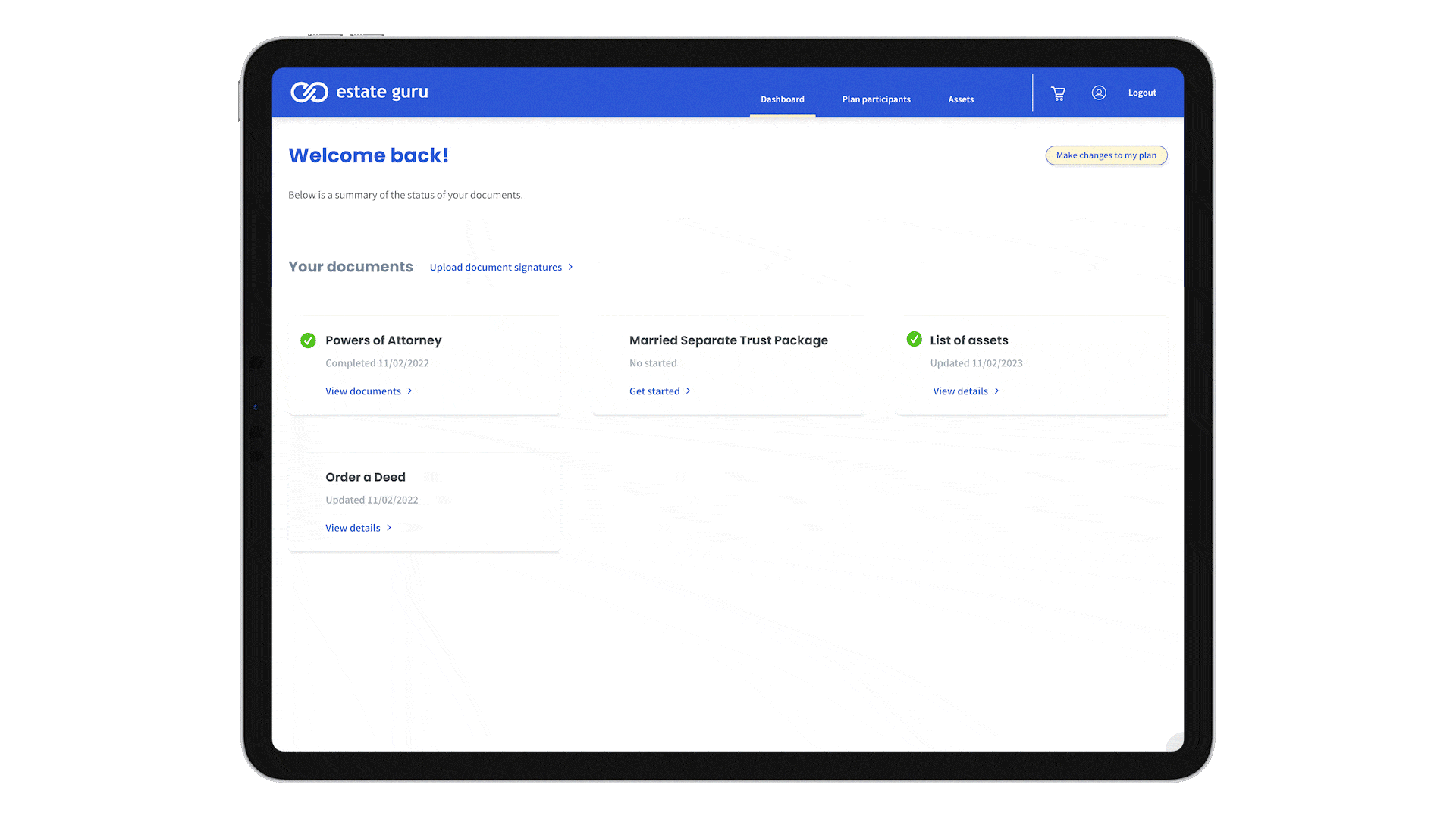
Oregon Business Valuations
We now offer access and support to our Oregon financial planning business clients to business valuations via our partners at Augustar Financial and Biz Equity.
Selling, buying, merging, financing, raising capital, estate planning...
We help you navigate the valuation process in just a few easy steps
Asset Value
Equity Value
Enterprise Value
Liquidation Value

15 Reasons Oregonians might want to get a Business Valuation
Here are fifteen examples of how a business owner can make more informed decisions when they know the value of their business.
1. Selling the Business
If you're considering selling your business, a valuation can help in negotiations when evaluating purchase offers for your business.
4. Obtaining Financing
Lenders often require a business valuation before providing financing to ensure that the business can support the requested loan amount and to assess risk.
7. Divorce Proceedings
In divorce cases, a business valuation may be necessary to determine the value of the business for equitable distribution of assets.
10. Financial Reporting
Valuations may be required for financial reporting purposes, such as complying with accounting standards or providing information to stakeholders.
13. Insurance Purposes
A business valuation can help in determining appropriate insurance coverage, ensuring that the business is adequately protected against potential risks.
2. Buying a Business
For potential buyers, knowing the value of a business can help inform you when putting together purchase offers during negotiations.
5. Attracting Investors
A valuation can provide investors with crucial information about a business to determine the potential return on investment.
8. Shareholder Disputes
In the case of shareholder disputes or changes in ownership structure, a valuation can help resolve disagreements and determine fair buyout prices.
11. Tax Purposes
Business valuations can be necessary for various tax-related reasons, including estate tax, gift tax, and corporate tax filings.
14. Litigation Support
During legal proceedings such as lawsuits or bankruptcy filings, a business valuation may be required to assess damages or settlements accurately.
3. Merger or Acquisition
In cases of mergers or acquisitions, both parties need to know the value of the businesses involved to determine equitable terms.
6. Estate Planning
Business valuations can aid in estate planning as the value of a business may need to be determined for inheritance and tax purposes.
9. ESOPS
Valuing a business accurately is crucial for establishing the value of shares in an ESOP, which can impact employee compensation and ownership.
12. Strategic Planning
Understanding the value of your business allows for better strategic planning, including identifying areas for improvement and growth opportunities.
15. Succession Planning
For business owners planning to retire or pass on the business to family members or successors, a valuation helps in determining the fair value and transition plans.
Get a Business Valuation Today!
Now included with T. Mann Financial Planning Business Plans.
How it Works in 4 Easy Steps
1. Complete a Simple 2-Page Questionnaire
2. Send us 2-3 years of your business tax returns
• Form 1120s is used for an S corporation or an LLC electing to be taxed as an S corporation.
• Form 1120 is used for a C corporation or an LLC electing to be taxed as a C corporation.
• Form 1065 is used for a partnership or an LLC electing to be taxed as a partnership.
• Form 1040 (Schedule C) is used for a sole proprietorship or a single member LLC taxed as a sole proprietorship.
If submitting Schedule C, please provide balance sheets for such tax years, if available.
3. Biz Equity Completes Valuation
This typically takes about a week.
4. Review Valuation with T. Mann Financial
You will receive a pdf copy of your business valuation and can review it with T. Mann Financial's guidance.
Need to update it? No problem.
T. Mann Financial Business Financial Planning can include an updated valuation done once a year.

A Big Data AI Powered
Business Valuation Platform
This platform is designed to help business owners make more effective business and personal decisions
Download a Sample Report

Biz Equity uses these 4 types and levels of value
Asset Value
"Includes ONLY inventory/supplies, fixed assets and all intangible assets. Excludes all liquid financial assets and all liabilities. Buyer operates from newly formed legal entity." -bizequity.com
Equity Value
"Includes the assets listed above PLUS liquid financial assets LESS all liabilities (ST/LT). Involves the full transfer of the legal entity including all account balances and current tax attributes."-bizequity.com
Enterprise Value
"In middle-market transactions, it is also helpful to distinguish between "equity value" and "enterprise value". Enterprise value is a reflection of the firm's value as a functioning entity and it is helpful in that is facilitates the comparison of companies with varying levels of debt." -bizequity.com
Liquidation Value
"The liquidation value conclusion is based on the key assumption of insolvency and the immediate sale of all assets (on or off the balance sheet) at or near "fire sale" level coupled with the nearly simultaneous retirement of all liabilities. This figure does not include accounts receivable." -bizequity.com



